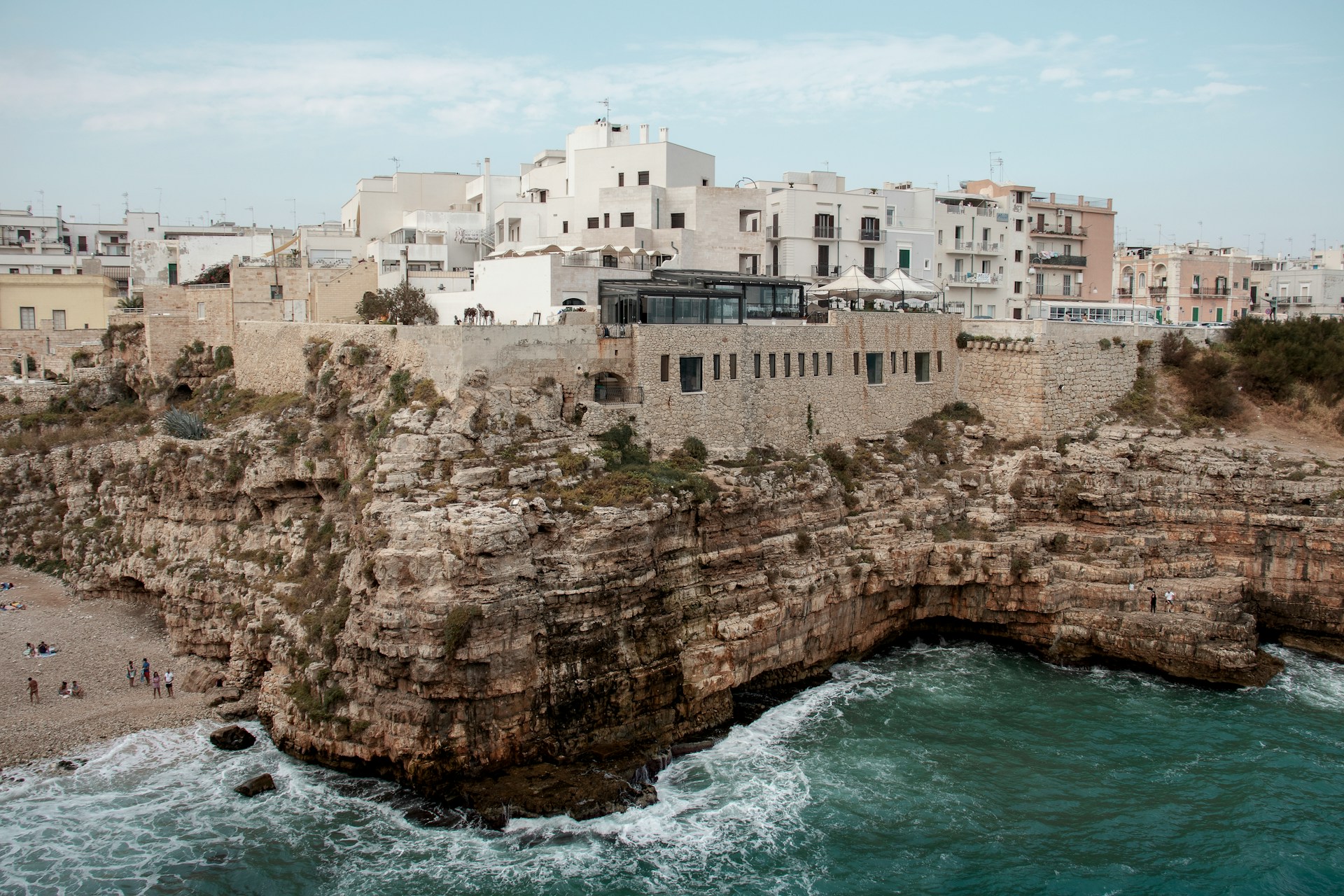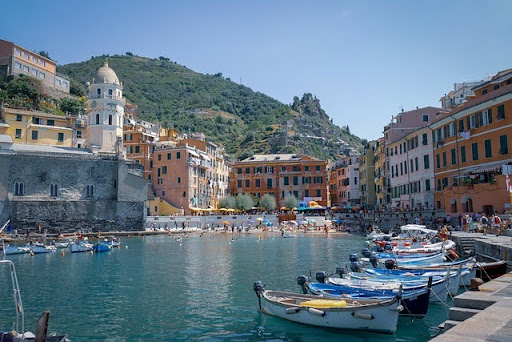Buying property in Puglia, Italy, can be an exciting venture, but it requires careful navigation through the region’s legal and bureaucratic landscape. From initial due diligence to the final deed signing, here’s a detailed guide to help prospective buyers understand and manage the process seamlessly.
Starting with Due Diligence
The journey begins with identifying properties that meet your criteria. Whether using real estate websites, local agents, or attending property exhibitions, the initial phase involves visiting properties to inspect their condition and surroundings. One critical step is ensuring cadastral compliance. This involves checking the “Visura Catastale,” which provides detailed information about the property, including its dimensions and boundaries. Additionally, verifying that the property complies with local zoning and building regulations is essential to avoid future legal issues.
An important aspect often overlooked is the Certificate of Habitability, or “Certificato di Agibilità.” This certificate confirms that the property meets health and safety standards. However, in many parts of Puglia, especially older properties, this certificate might be absent. While not critical to completing the purchase, it is crucial to check whether it is feasible to obtain it later. Consulting with a local architect or engineer in Puglia can provide insights into the process and potential costs.
From Offer to Acceptance
Once a suitable property is found, the next step is making an offer, known as “Proposta di Acquisto.” This written offer, typically made through a real estate agent, outlines the proposed purchase price and terms. If the seller accepts, both parties sign the document, and a small deposit (Caparra) is paid. Following this, a preliminary contract (Compromesso or Contratto Preliminare) is drafted, detailing all terms and conditions of the sale. At this stage, a larger deposit—usually between 10% and 30% of the purchase price—is required. The preliminary contract is legally binding, making it crucial to ensure all conditions are clearly stated and understood.
Navigating the Notary Process
In Italy, the notary (Notaio) plays a pivotal role in property transactions. As a public official, the notary ensures the legality of the property transfer, conducting thorough checks on the property, including title searches and checking for any liens or legal issues. The final deed (Rogito Notarile) is signed in the presence of the notary, officially transferring ownership. The remaining balance of the purchase price is paid at this stage. For those not fluent in Italian or unable to be present, granting Power of Attorney to a trusted individual can streamline the process, ensuring all steps are completed correctly and efficiently.
Understanding Taxes and Fees
Purchasing property involves several taxes and fees, the most significant being the municipal property tax (IMU – Imposta Municipale Unica), which is payable annually and varies based on the property’s value and location. Additionally, the registration tax, paid when the deed is registered, varies depending on the type of property and whether it is a prima casa residence. Typically, this tax is 2% of the cadastral value for a primary residence and 9% for a second home.
Finalizing the Purchase
After the deed is signed, the notary registers the sale with the Land Registry. It is crucial to ensure you receive a copy of the final deed and all relevant documentation. This final step marks the official transfer of ownership, completing the purchase process.
Considering Bilateral Purchase Restrictions
Prospective buyers should be aware of bilateral purchase restrictions that may apply. Citizens from certain non-EU countries, such as Russia and China, may face restrictions and require specific authorization to purchase property in Italy. Consulting with a legal advisor can ensure compliance with current regulations and avoid potential legal pitfalls.
Challenges of Securing Mortgages
For foreigners, especially in Southern Italy, securing a mortgage can be challenging. Italian banks often exhibit reluctance to lend to non-residents, making the process cumbersome. It’s almost impossible for a non resident to open a bank account, not to mention securing a loan as a foreigner. Prospective buyers are advised to have funds readily available or secure financing from their home country to facilitate the purchase.
Additional Tips for a Smooth Purchase
Engaging local professionals—a real estate agent, lawyer, and notary—can provide valuable guidance throughout the process, ensuring all legalities are covered. Additionally, consider hiring a surveyor to inspect the property for structural issues and estimate potential renovation costs.
Over to you
By following these detailed steps and seeking professional advice where necessary, prospective buyers can navigate the complexities of purchasing property in Puglia, transforming the dream of owning a piece of Italian paradise into a reality.




